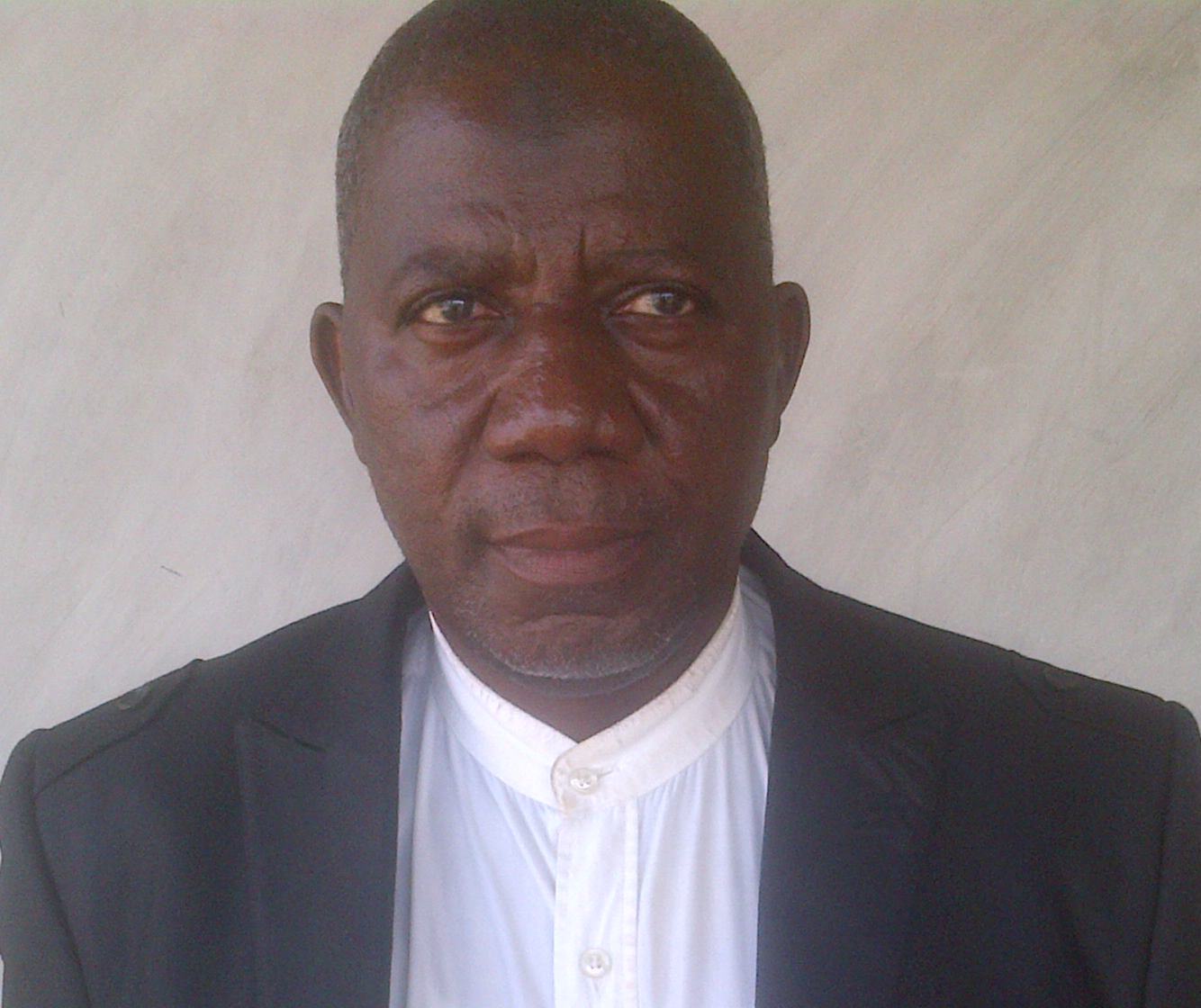
Finally, after a great buildup, the 2014 World Cup of the Fédération Internationale de Football Association, hosted by Brazil, begins today with the first game to be played be between Brazil and Croatia, at a stadium in São Paulo. This is just as the Brazilian police and protesters clashed in Sao Paulo today hours before the opening game of the World Cup.
Reports say that police fired tear gas and noise bombs to disperse more than 100 demonstrators angry about heavy government spending on the event, a spokesman for Sao Paulo state’s military police said.
Demonstrators regrouped about two hours later and clashed with police again three blocks away, hurling rocks and setting fire to trash.
The protesters were trying to cut off a key avenue leading to the Corinthians arena on the eastern edge of the city where Brazil played Croatia at 5 p.m. (2000 GMT).
Many Brazilians are furious over the $11.3 billion spent on hosting the World Cup when basic social services are poorly financed. Their pessimism has so far overshadowed a brighter mood among the some 800,000 foreign tourists expected to come to Brazil for the event.
Much of Sao Paulo, Brazil’s biggest city and business capital, resembled a ghost town early on Thursday after a partial holiday was declared to ensure traffic to the stadium would be light.
But excitement began to spread by mid-morning. Fans waving Brazil flags boarded trains heading to the stadium and Croatian fans drank beer on Avenida Paulista, the city’s best-known thoroughfare.
Outside city hall, Tuany Ramos sang along with about 50 other fans setting off firecrackers and blowing airhorns. “It finally arrived and we are very excited to cheer for Brazil,” Ramos said.
Melisa da Silva, who was wearing Brazil’s green and yellow colors as she headed to work on the subway, said the country might finally cheer up once play gets under way.
“Well, it’s here, and I think now it’s time to cheer the team,” she said. “I don’t see why people should still be sad.”
Brazil’s team, led by exciting 22-year-old star striker, Neymar, was widely fancied to beat Croatia later today and go on to win a record sixth World Cup title.
The stakes are high not just on the soccer field. Whether the tournament goes smoothly may also have an effect on President Dilma Rousseff’s chances for re-election in October, as well as Brazil’s flagging reputation among investors.
Rousseff has dismissed complaints about overspending and delays in preparing stadiums and airports, and is betting Brazil will put on a show on and off the field.
SPIRITUAL HOME OF SOCCER
Brazil is widely considered the spiritual home of global soccer, and in recent days more of the flags and street parties that usually characterize World Cups here have begun to show up.
Yet the list of possible problems is long. In fact, hosting a successful tournament may ultimately prove harder for Brazil than winning it.
The main risk, for both fans and the government, appears to be violent street demonstrations.
Protests and labor strikes are planned in the 12 host cities, including a 24-hour slowdown by some airport workers in Rio de Janeiro, although the threat of a long subway strike in Sao Paulo has eased.
About a dozen disgruntled airport workers blocked a road outside Rio’s international airport on Thursday morning, causing heavy traffic.
Some businesses in Rio, the venue for seven Cup games, including the final, had boarded up windows and doors by late on Wednesday in case protests erupted.
The Sao Paulo stadium itself has been a source of anxiety.
Not only was it delivered six months late at a cost of $525 million, about $150 million over budget, but because of the delays Thursday’s game will be the facility’s first at full capacity. That’s a big no-no in the field of logistics and a violation of FIFA’s normal protocol for World Cup games.
“I’m praying that nothing goes wrong,” said Lizbeth Silva, a clerical worker at a Sao Paulo school. “You hear about all these problems, but you still want to root for Brazil.”
A rough tournament would likely cause Rousseff’s popularity, already under pressure, to fall further. Polls show she now holds a lead of about 10 percentage points over her likely rival if the election goes to a second round, as most expect.
Any major logistical problems and unrest could also further dent Brazil’s reputation among investors, which has suffered since a decade-long economic boom fizzled under Rousseff.
Brazil’s performance in hosting the World Cup will also give clues as to how well it will do in two years, when it plays host to the Olympics.
At least one element is expected to cooperate on Thursday: the weather. Forecasters expect clear skies and a high of 75 degrees (24 C) – warm for the Southern Hemisphere winter. [myad]






